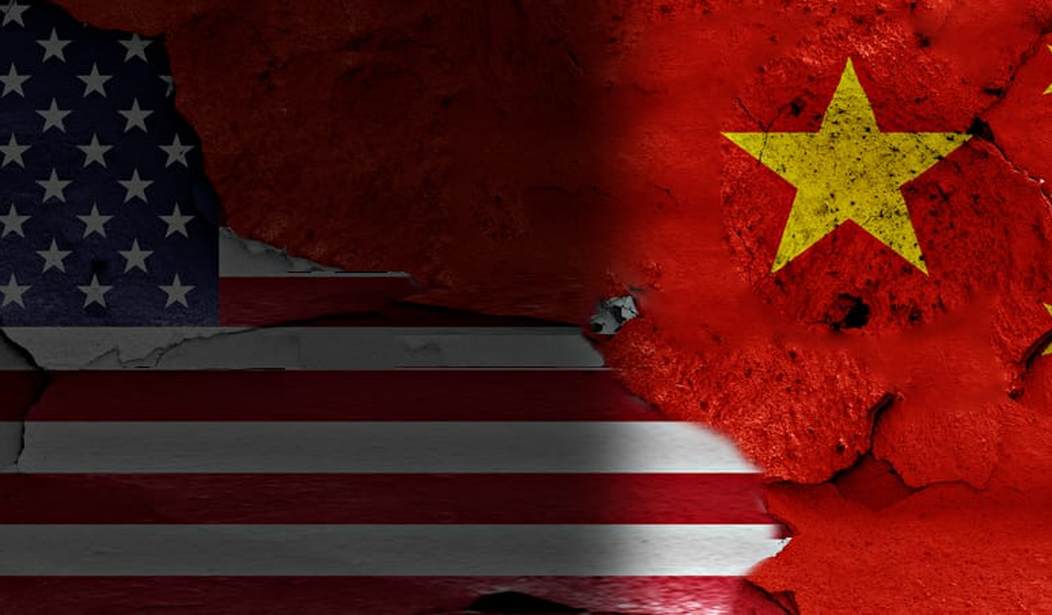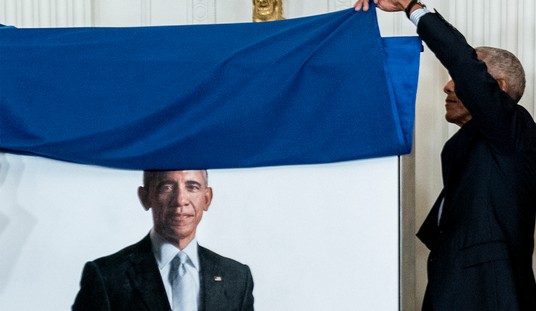To mention Donald Trump in the same breath with Deng Xiaoping — the man who led China out of the Dark Ages of the Great Leap Forward and the Cultural Revolution and into the modern world — sounds ludicrous on its face. And to a great degree it is. Deng, after all, is — not just arguably, but actually — the man who personally is responsible for improving more human lives than anyone in history, lifting hundreds of millions of Chinese out of abject poverty and undoubtedly saving untold millions from starvation by upending Maoism. (Historians believe Mao was responsible of 45 million deaths during the four years of the Great Leap Forward alone.)
Deng, like all of us, was not perfect, but he clearly had a political genius and incredible courage in his ability to battle and ultimately defeat the monolithic power of Mao Zedong, who had jailed him and had his son pushed out a window (the son has spent the rest of his life as a paraplegic). It’s the stuff of great novels. (Yes, I realize Maoism still lingers in China, but, as I mentioned, nothing’s perfect.)
Back in 1961, at the height of Mao’s reign and three years before the publication of the Chairman’s Little Red Book, Deng slyly and metaphorically attacked the ideological rigidity of communism with one simple statement (dare I call it a tweet? If so, it was the most potent tweet of all time): “I don’t care if a cat is black or white, so long as it catches mice.”
Simple as it is, that bears repeating: “I don’t care if a cat is black or white, so long as it catches mice.”
There are minor variations in the various translations but they all have the same pragmatic, anti-ideological import. The Chinese evidently never forgot it, because, although many still may pretend-profess to be communists, they are in reality Dengists. This has led to the world’s most succesful crony capitalism, but, again as I said, nothing’s perfect. Whatever the case, modern China is a giant improvement with Deng Xiaoping’s fingerprints all over it. The unbelievable Shanghai skyline — that’s Deng.
So is Donald a Dengist? As yet, of course, his impact is extremely minor by comparison and even making such a comparison of someone who was born a peasant in impoverished rural China, became a communist and then lived to subvert communism in the most populace country on the planet with a to-the-manor-born scion of a Queens real estate mogul is, shall we say, a bit of a stretch.
Nevertheless, the Deng analogy suddenly jumped into my head when I saw a video the other day of a smiling (yes, smiling) Rep. Elijah Cummings (D-MD) — normally a bitter enemy of anything Republican — emerging from a White House meeting with the president. Cummings had been talking with Trump about the high cost of pharmaceuticals and apparently, evidently to Cummings’ surprise, there had been another meeting, this time of the minds. It didn’t matter if the cat was black or white (Democrat or Republican — no racial implication intended here). People were having trouble affording their meds, the one item they needed above all besides food.
I had a similar reaction when I read the next morning that the president was bowling with a number of members of Congress of various persuasions. Good for him, I thought. This is a man who, besides being a people person, wants to get things done. Lindsey Graham, another longtime opponent, also came out smiling from lunch. (Question: How did Deng survive in an even tougher environment? Or was it tougher? The New York Times and Washington Post reporters act as if Trump can’t even put his socks on straight, even though they themselves seem to be having some difficulties. The Eurocrats attack him as a pariah as their own societies implode around them. Virtually our entire entertainment industry and academia — speaking of the Cultural Revolution — is aligned against him.)
The current healthcare debate is another example of Trump’s Dengism. Anyone who is even slightly honest and takes a few steps backwards from the current clamor knows that in a society the size of the United States there is no such thing — from total socialized medicine to the purest of free markets — as a perfect solution to healthcare. Someone’s ox is always going to get gored. Yet Trump is keeping the door open to everyone, aiming ultimately to get something done, because, as we all know, Obamacare ain’t workin’.
This all raises the perpetual question of pragmatism versus ideological principles. The Groucho joke aside (“These are my principles. If you don’t like them, I have others.”), we all need some basic ideals to rely upon, some way to understand the world. But there’s a difference between liking and loving your ideology. I have my ideological leanings, but I don’t love them. They give me a base from which to operate. Pelosi and Schumer are examples of people who love their ideology. You almost always know what they are going to say about just about anything — and, for that reason, what they say usually has little to do with the solution of the problem. What they have to say also therefore is of very little interest, no more than a Knicks fan telling you the amazing news he roots for the Knicks (duh!). This is also true of certain people on the right. And, of course, it was true of Barack Obama who rarely, if ever, even spoke to the other side. He knew best.
Ideological rigidity doesn’t always end up like Robespierre guillotining his former comrades, but it is almost always a serious impediment to the advancement of society and our own ability to see. It blinds us and holds us back. (I consider myself some kind of libertarian-conservative, but I’d also like to be free to support government-financed infrastructure if it becomes necessary). Deng Xiaoping clearly felt the same way, as I suspect does Donald Trump. I also suspect, and hope, that if Trump is able to succeed in what he is doing he will at least partly break this ideological yoke that seems to have brought our country to a standstill. People who complain he is not a “real conservative” annoy me as much as those who insist he is. I don’t care if a cat is black or white, as long as it catches mice.
P.S.: While surfing around doing research for this article, I was pleased to find I was not the first to recognize this odd similarity. On July 15, 2016, Frank Li wrote on econintersect.com: “America is ‘desperately in need of a great transformational leader like China’s Deng’ ... Could Donald Trump possibly be that leader?” You will also find an amusing photo of Deng with Ronald and Nancy Reagan at that link.
Further, believe it or not, I actually met Deng Xiaoping. He visited Los Angeles in 1979 and, still a leftist at that time, I was invited to a small reception in a working class neighborhood near downtown. He came, again believe it or not, no one could make this up, in the company of the Osmonds! You can read about it here, if you’re interested.
Roger L. Simon is an award-winning novelist, Academy Award-nominated screenwriter and co-founder of PJ Media. His latest book is I Know Best: How Moral Narcissism Is Destroying Our Republic, If It Hasn’t Already. You can follow him on Twitter @rogerlsiomn.









Join the conversation as a VIP Member